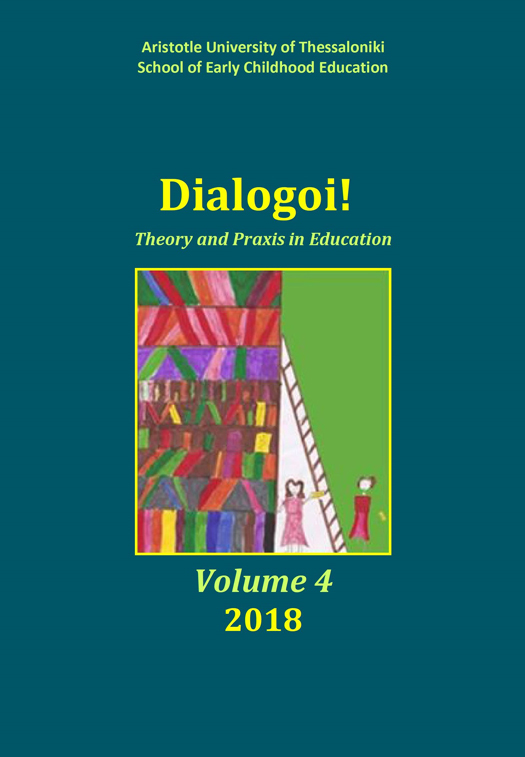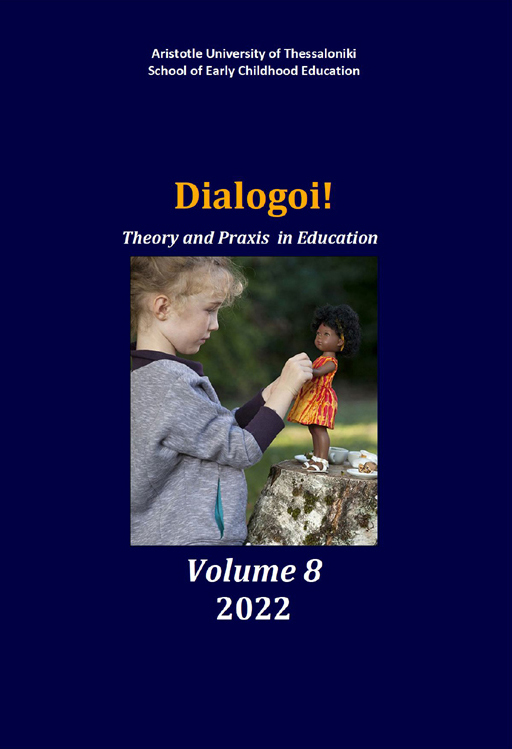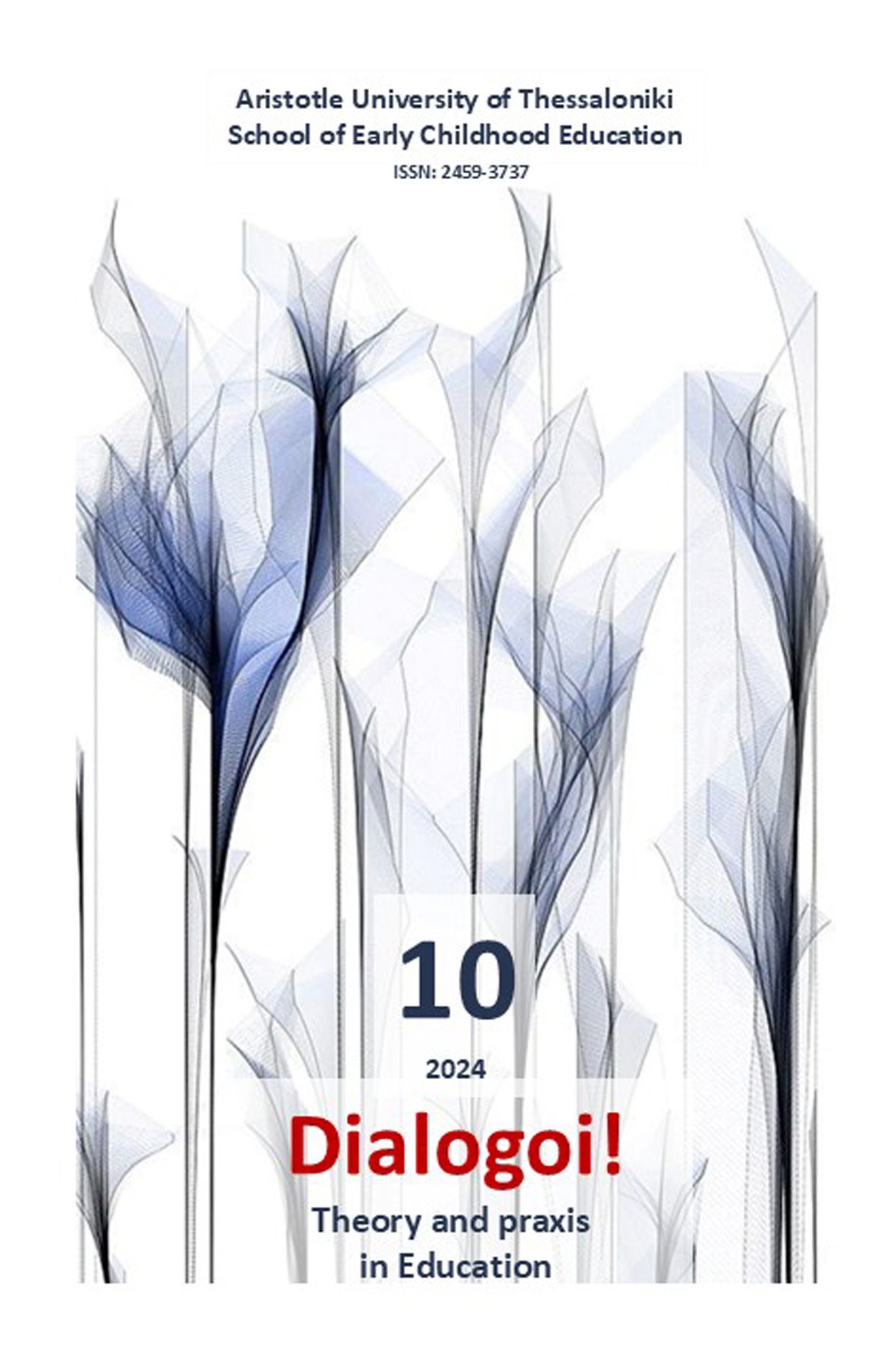“It is not bilingualism. There is no communication”: Examining Greek teachers’ views towards refugee children’s bilingualism: A case study

Abstract
Due to the massive influx of refugees to Greece in the last few years, educators are faced with new educational challenges. The present paper reports on a study of educators’ views and practices with regard to the language development of refugee children. While acknowledging the benefits of bilingualism in general, or supporting the families’ right to speak their own language at home, teachers still express concern that such practices may hinder the acquisition of the majority language and often ban the ‘other’ languages from school (Chatzidaki & Maligkoudi, 2017; Gkaintartzi, Kiliari, & Tsokalidou, 2015; Young, 2014). Our study focuses on primary teachers’ views and practices as reported in interviews conducted in a school of central Macedonia in Greece during the time period January-March 2017. The school in question had six refugee students from Syria. The findings presented and discussed here relate to the teachers’ views towards refugee students and their bilingualism as well as to their reported practices in the classroom with regard to their students’ multilingual background.
Article Details
- How to Cite
-
Maligkoudi, C., Tolakidou, P., & Chiona, S. (2018). “It is not bilingualism. There is no communication”: Examining Greek teachers’ views towards refugee children’s bilingualism: A case study. Dialogoi! Theory and Praxis in Education, 4, 95–107. https://doi.org/10.12681/dial.15521
- Issue
- Vol. 4 (2018)
- Section
- New researchers

This work is licensed under a Creative Commons Attribution-NonCommercial-ShareAlike 4.0 International License.
Authors who publish with this journal agree to the following terms:
- Authors retain copyright and grant the journal right of first publication with the work simultaneously licensed under a Creative Commons Attribution Non-Commercial License that allows others to share the work with an acknowledgement of the work's authorship and initial publication in this journal.
- Authors are able to enter into separate, additional contractual arrangements for the non-exclusive distribution of the journal's published version of the work (e.g. post it to an institutional repository or publish it in a book), with an acknowledgement of its initial publication in this journal.
- Authors are permitted and encouraged to post their work online (preferably in institutional repositories or on their website) prior to and during the submission process, as it can lead to productive exchanges, as well as earlier and greater citation of published work (See The Effect of Open Access).




